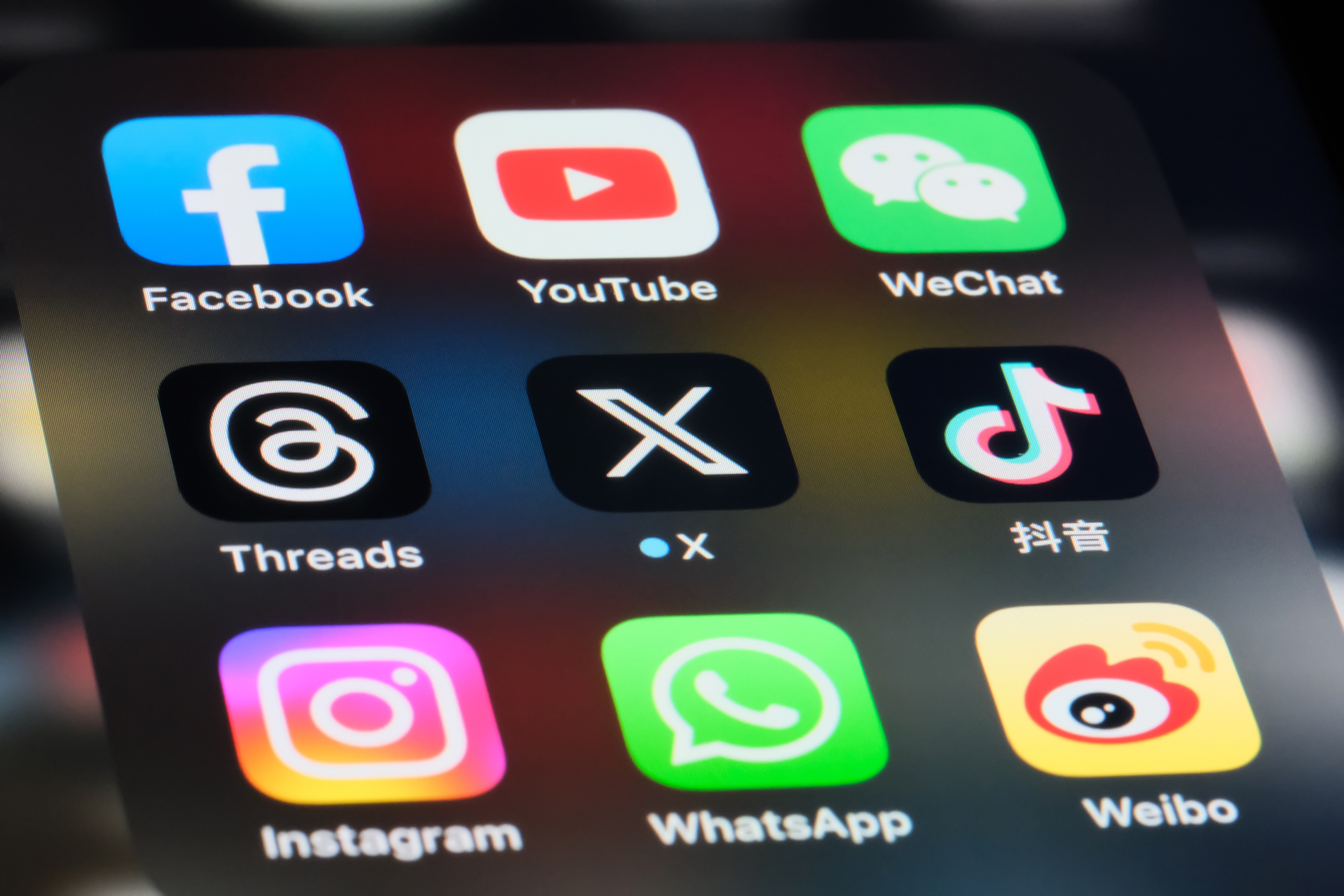Elon Musk’s X platform, formerly known as Twitter, recently suffered multiple outages on March 10, which Musk attributed to a “massive cyberattack” potentially orchestrated by a “large, coordinated group and/or a nation-state.” Now, the pro-Palestinian hacktivist group Dark Storm has claimed responsibility for the attack.
Latest Developments in the X Cyberattack
The outages began on March 10, disrupting services and causing widespread user complaints about connection issues and unresponsiveness. Elon Musk initially speculated that the attack was highly coordinated, possibly involving a state-sponsored actor. However, Dark Storm has since publicly taken credit for the distributed denial-of-service (DDoS) attack, which overwhelmed X’s servers by flooding them with an immense volume of traffic.
Dark Storm is known for its politically motivated cyber campaigns, often targeting organizations and platforms perceived to oppose Palestinian interests. By targeting X, Dark Storm aimed to disrupt communication channels and draw attention to its cause.
What is a DDoS Attack?
A distributed denial-of-service (DDoS) attack involves overwhelming a target’s servers or network infrastructure with excessive traffic, rendering services slow or entirely inaccessible. In the case of X, Dark Storm likely used a large botnet—an army of compromised devices—to generate massive amounts of traffic directed at X’s servers. This type of attack can cripple online platforms, disrupt user access, and damage a company’s reputation.
DDoS attacks can take several forms, including:
- Volumetric attacks – Overloading the target’s bandwidth with high volumes of traffic.
- Protocol attacks – Exploiting weaknesses in network protocols to exhaust server resources.
- Application layer attacks – Targeting specific services or applications to disrupt user functionality.
In this instance, the scale and complexity of the attack suggest that Dark Storm deployed a combination of these techniques, making it difficult for X’s security team to mitigate the impact in real time.
Potential Motivations and Implications
Dark Storm’s claim of responsibility points to geopolitical motivations. The group has a history of targeting entities perceived to be aligned with Israeli or Western interests. The attack on X may have been intended to disrupt global communication or retaliate against perceived political actions.
From a security standpoint, the attack raises serious questions about X’s cyber defenses. While Musk has claimed that X’s infrastructure is designed to handle high traffic volumes, the success of Dark Storm’s attack indicates that vulnerabilities remain. Strengthening DDoS mitigation strategies, such as deploying more robust traffic filtering and enhancing server redundancy, will be essential to preventing future disruptions.
Moreover, the incident highlights the growing trend of hacktivism as a form of cyber warfare. State-sponsored and politically motivated attacks are becoming more frequent, with online platforms and social media networks increasingly targeted due to their influence on public discourse and political narratives.
How Can Netizen Help?
Netizen ensures that security gets built-in and not bolted-on. Providing advanced solutions to protect critical IT infrastructure such as the popular “CISO-as-a-Service” wherein companies can leverage the expertise of executive-level cybersecurity professionals without having to bear the cost of employing them full time.
We also offer compliance support, vulnerability assessments, penetration testing, and more security-related services for businesses of any size and type.
Additionally, Netizen offers an automated and affordable assessment tool that continuously scans systems, websites, applications, and networks to uncover issues. Vulnerability data is then securely analyzed and presented through an easy-to-interpret dashboard to yield actionable risk and compliance information for audiences ranging from IT professionals to executive managers.
Netizen is an ISO 27001:2013 (Information Security Management), ISO 9001:2015, and CMMI V 2.0 Level 3 certified company. We are a proud Service-Disabled Veteran-Owned Small Business that is recognized by the U.S. Department of Labor for hiring and retention of military veterans.
Questions or concerns? Feel free to reach out to us any time –
https://www.netizen.net/contact



